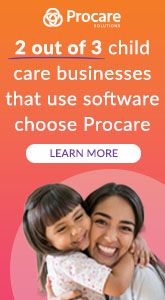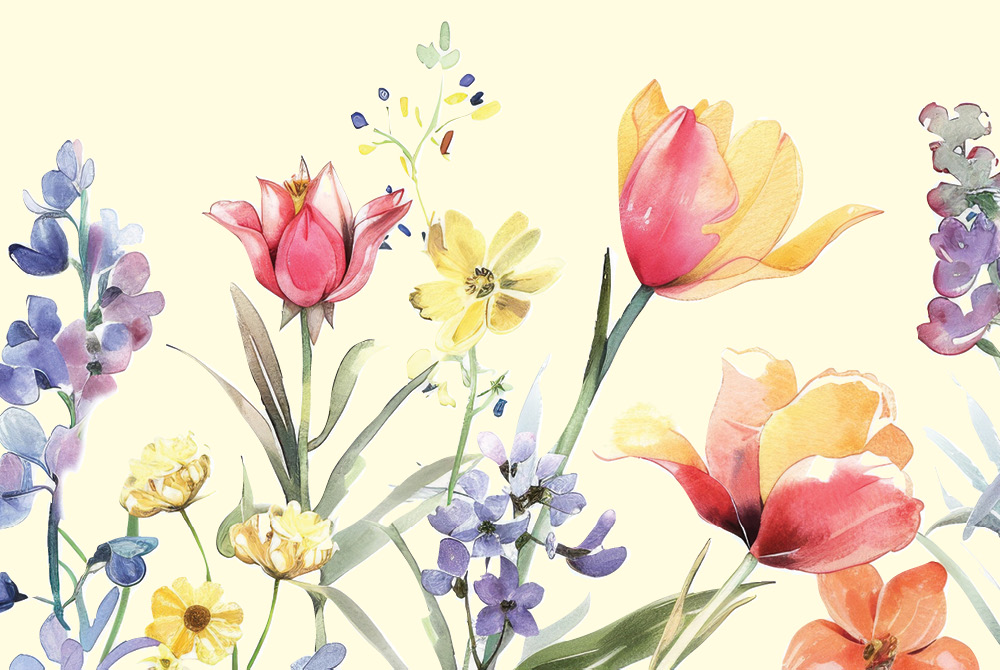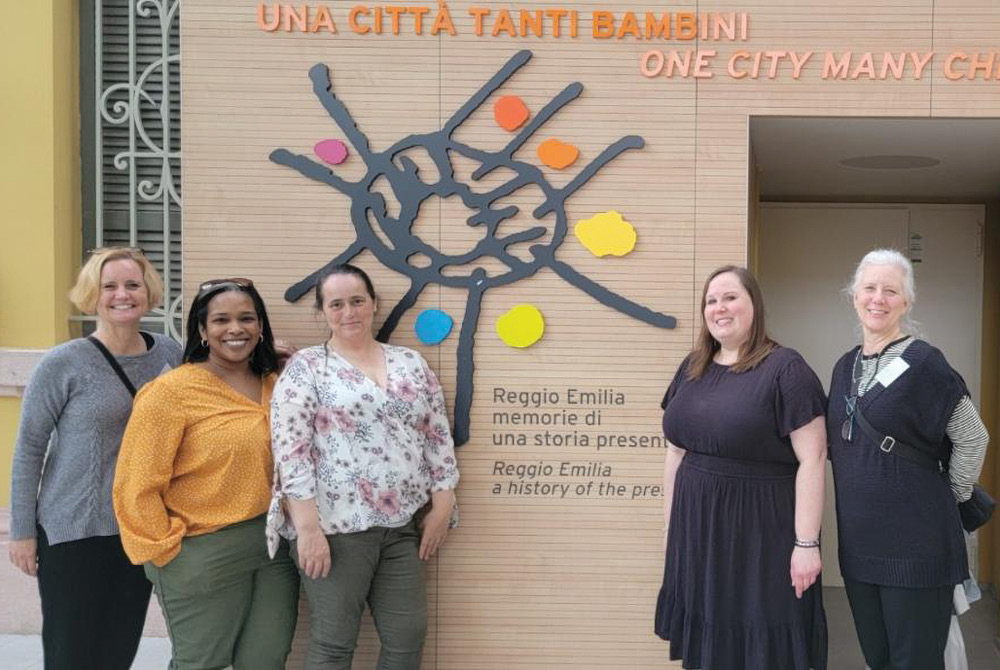Don’t let anyone rob you of your imagination, your creativity, or your curiosity. It’s your place in the world; it’s your life. Go on and do all you can with it, and make it the life you want to live.
—Mae Jemison, 1st Black woman astronaut in space
Help Me Understand Genius
I ask for help when pondering a substantive question. I ask Uber drivers, the person behind me in line, seated beside me on a cross-country flight, or a passing hiker whose friendly dog greets me on the trail.
Listen to the usual flow in discussion when I invite folk to “Help me understand genius.”
Who’s a genius?
Albert Einstein. No question.
What is genius?
Off the charts IQ. Extraordinary skill.
Wait, maybe Serena Williams or Simon Biles are geniuses. How about the guy who discovered penicillin?
Besides inventors, performers, including athletes and musicians, what other fields have people of genius?
Interesting question: maybe most professions have geniuses?
Who is a genius in early childhood?
Fred Rogers? Maria Montessori? My daughter’s preschool teacher helped her learn to share. That was genius, if you knew my daughter, you’d agree.
Do you personally know a genius?
My mother reminded us she was genius at feeding a large family on a tiny budget.
Can children be genius?
Three-year-old, D’Arcy who comforted her heartbroken classmate, Lissa, sure was. D’Arcy didn’t leave Lissa’s side, held Lissa’s hand. D’Arcy was Lissa’s genius.
When have you been genius?
Oh my! Me? Genius? Maybe yesterday, when I entertained a father’s children at the market when he was about to lose it with the cashier?
What are we noticing here about the nature of genius?
Genius is using our gifts and own way of understanding, often spontaneously as the moment demands, to make things better for people in our lives.
Redefining Genius
Informed by people I meet, I conclude we need to dive deeply for an evolving understanding of genius.
Wait! Who is tsk-tsking dissing me from the side?
You cannot democratize genius! You have to accept that genius is rare. Geniuses are brilliant, crammed with brain cells, make discoveries no one else can. A genius is far and above everyone else!
Now, smiling, as I ask: Are you implying only intellectual white men like Einstein are geniuses?
“You can’t democratize genius.”
Who says we cannot? We already have.
Who is genius?
- Al Einstein, hair standing at attention to accommodate a preponderance of brain cells, talking his Theory of Relativity?
- Jake the janitor who welcomes the terrified toddler and his mother to school, shows them around, puts them at ease when the director and her staff are handling an emergency, even though school tours are not in the janitor’s job description?
Who is genius?
- The Olympic gymnast who performs with a severly injured ankle so her team can win gold? Or the Olympic gymnast who halts, bravely announcing she will no longer sacrifice health and spiritual well-being at the altar of winning?
Who is genius?
- The child care director who calms a bombastically imploding child with a soft whisper of understanding and a soothing touch of connection?
- The high-tech entrepreneur selling ponderously expensive trips to outer space or a soggy Titanic?
Is genius restricted to impossible human perfection? Or does genius glimmer through when any of us, wholly in touch with our deepest gifts, share those gifts releasing ourselves and others?
Exposing the Myth That IQ Points Alone Equal Genius
A courageous book by Stephen Murdock, “IQ: Smart History of a Failed Idea” documents the evolution of IQ testing, the use of IQ tests to eliminate “feeble-minded”, and extol rational decision-making purified from murky complexities of human emotion.
High IQ geniuses dismiss their affective side to analyze exclusively in logic, creating the theory of relativity, atom bomb, Salk polio vaccine, and standardized testing that ensures women and people of color will not be seen as appropriate for positions of power.
Is this the standard our diverse world needs?
If affective, interpersonal skills, and other multiple intelligences were viewed as genius, Fred Rogers’ and early childhood education’s wisdom would be valued, not dismissed.
We need to unlearn limiting definitions of genius to acknowledge and honor everyday genius’s impact.
Unlearning Traditional Genius
In 1995, walking away from my professions of law and higher education, walking into a meeting with three gifted women, Gwen, Andi, and Joan at Wheelock College’s Center for ECE Career Development, I noticed a difference:
- A teacher’s aide beaming when a silenced, shamed child in his care has unfurled into a proud, confident speaker.
- A school bus driver whose ministry is to treat every baby climbing onto her bus as a miracle.
Early childhood professionals are gifted with social emotional intelligence that rises to genius in everyday practice. That genius renders a moment timeless while reigniting inner light cruelly smothered.
ADVERTISEMENT
Such genius inspired Head Start preschooler, now Senator Raphael Warnock, to trust he can make a difference.
Holding Mensa membership as evidence of genius, we are not accustomed to see our ways of making a difference as genius.
Genius, an Equitable Definition
Genius is:
- Tapping into our unique capacities in a moment of need
- Using our original voice to unlock a person’s promise
- Freeing others and ourselves to live on purpose.
Or, as the Oxford English Dictionary defines genius:
“A person who is unusually intelligent or artistic, or has a very high level of skill, especially in one area.”
By these overlapping definitions, was Albert Einstein a genius? Yes, he met the standard of creating bodies of knowledge that systemically changed scientific thinking. Was Fred Rogers a genius? Yes, he exemplified interpersonal intelligence through loving, accepting relationships, embracing multiple intelligences including those who are “otherwise able.”
Who in your life is a genius?
“You are!” asserted a participant in one of my Head Start sessions. “Thank you,” I responded, rather than collapse into the red-faced embarrassment I felt. But was she correct? How do you or I respond when commended for our genius? I decided, albeit awkwardly, to open myself to that possibility, counterintuitive as I felt it to be.
Your Genius and Mine
Are you a genius? Can you and I open ourselves to that possibility? Can we view our under-recognized profession as having considerable genius?
I invite you to:
1. Ask someone who loves you unconditionally to give you an example of your genius. Listen with curiosity,
not judgment.
2. Recall and describe a time when you knew you were doing exactly what you are meant to do.
Genius flows in both children and adults as we explore together.
Genius in Everyday Action
How would you support 4.5 year old Josef?
Preschooler Josef, who began in September barely speaking English, startled by sudden sounds, has made heartwarming progress. Trusting his teacher, Lourdes, Josef observes: “Teacher, you have a knife in your brain like I do, don’t you?”
Reflection questions
If Josef were your student, would you:
- As mandated reporter, report possible abuse?
- Request an evaluation for a troubled child?
If genius is calling on our deeper understanding in moments of need to unlock a person’s promise, did Lourdes show genius?
Lourdes, listening lovingly, responds: “Josef, thank you for noticing my headache. Worrying about a challenge at home feels like a sharp knife. I’ll make sure to ask for help on that. You have a knife in your brain too? Do you want to tell me about that, Josef? I’d like to listen if you’d like to share. I’ve signaled teacher’s aide Lillian to help out with the class.”
Considering “what’s right with Josef,” do you see his genius: courage to trust despite a traumatization, lyricism describing his observations, directness in communicating?
Asa Hilliard observed: “I have never encountered any children in any group who are not geniuses. There is no mystery on how to teach them. The first thing you do is to treat them like human beings and the second thing you do is to love them.”
What of Lourdes’ genius? In addition to her capacity to “Be curious, not judgmental” as Walt Whitman recommends, what else do you admire about her choices?
Glimmers of Genius
Speaking with our original voice, tapping into our deeper understanding, evidences genius.
Fifty-eight percent of ECE professionals, abuse survivors, feel retraumatized by “triggers” (e.g. loud noises) reminding us of our adverse childhood experiences. The resulting fear response shuts down our brain’s executive capacity by 90-95 percent, quashing creativity.
To heal when triggered, social worker Deb Dana, author of “The Polyvagal Theory in Therapy” (2018), suggests “glimmers” (moments of calm that replace fear with hope). Aligning with our parasympathetic nervous system reconnects us with our inner resources.
As part of our genius, we can choose to reestablish our well-being, by wisely reconnecting to what we love: singing, humming, dancing, deep breathing, walking outside, asking for support, playing and laughing.
ECE professionals know sorrow as well as joy, grief as well as celebration. Glimmers of genius do not deny sadness; however, glimmers restore our soulful energy. Genius withers under threat, and blooms through hope.
Nobel prize winner, Marie Curie, reflects: “We must believe we are all gifted for something and that this thing must be attained.”
Genius is not only a result like a vaccine, a trail-blazing theory, or a perfect performance. Genius is a process, most often interpersonal. Everyone has giftedness, if our eyes can see. Imagine the joy of openly seeking the unique genius inside each person, including ourselves.
Holly Elissa Bruno, best-selling and award-winning author, international keynote speaker and radio host, served as assistant attorney general in Maine and on the faculty of University of Maine-Augusta and Wheelock College. She is an alumna of Harvard University’s Institute for Educational Management. Her sixth book, “Happiness is Running Through the Streets to Find You: Translating Trauma’s Harsh Legacy into Healing,” was released by Exchange Press in March 2020, and has sparked webinar discussion worldwide on finding hope in unbearable times.
Related
ADVERTISEMENT











